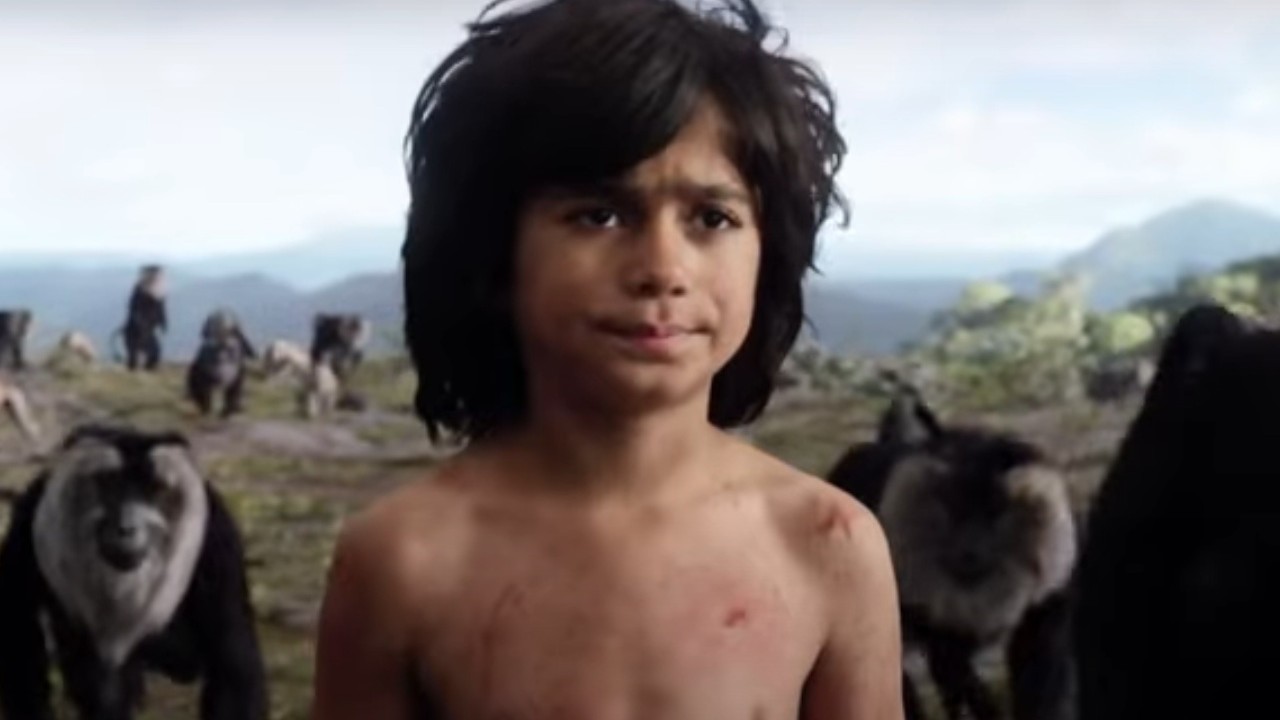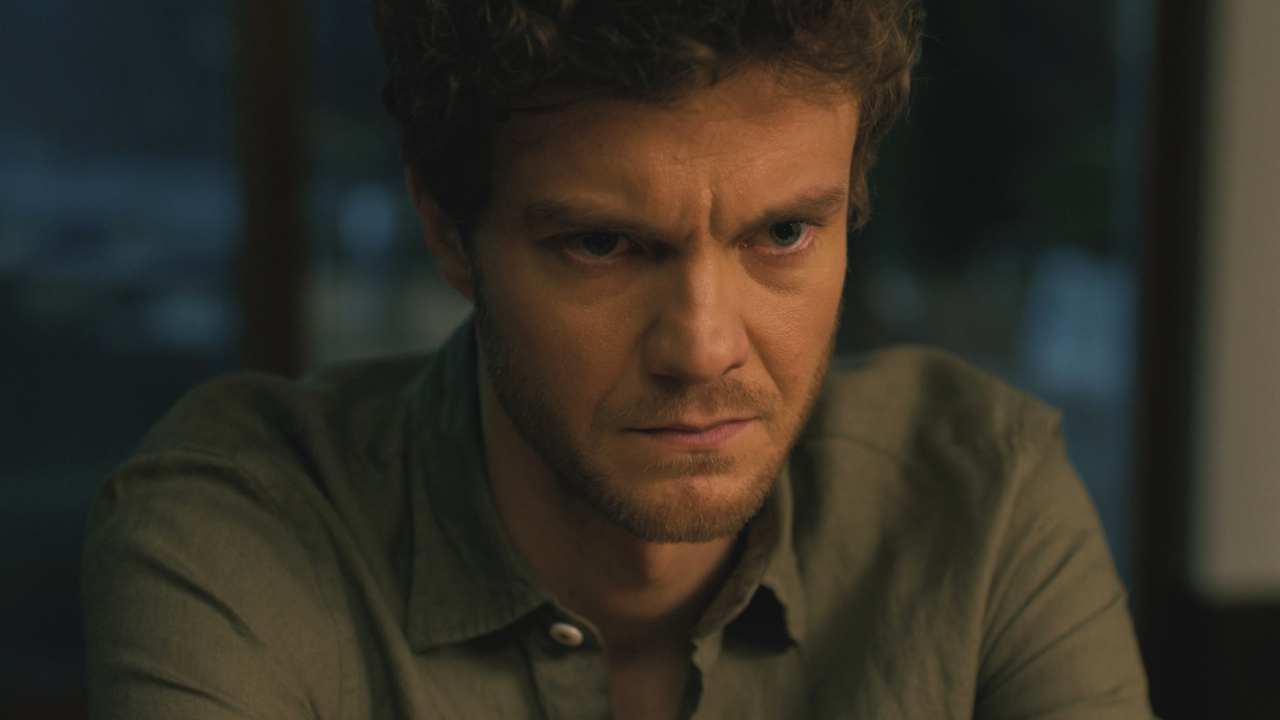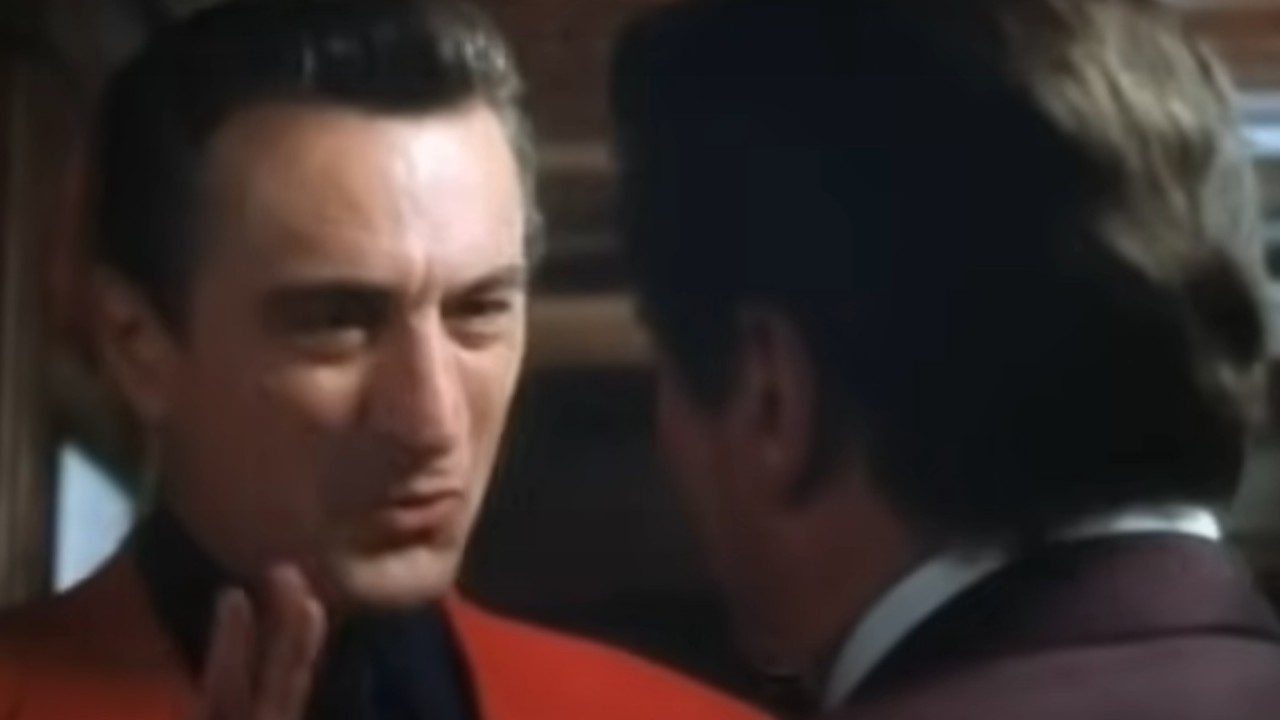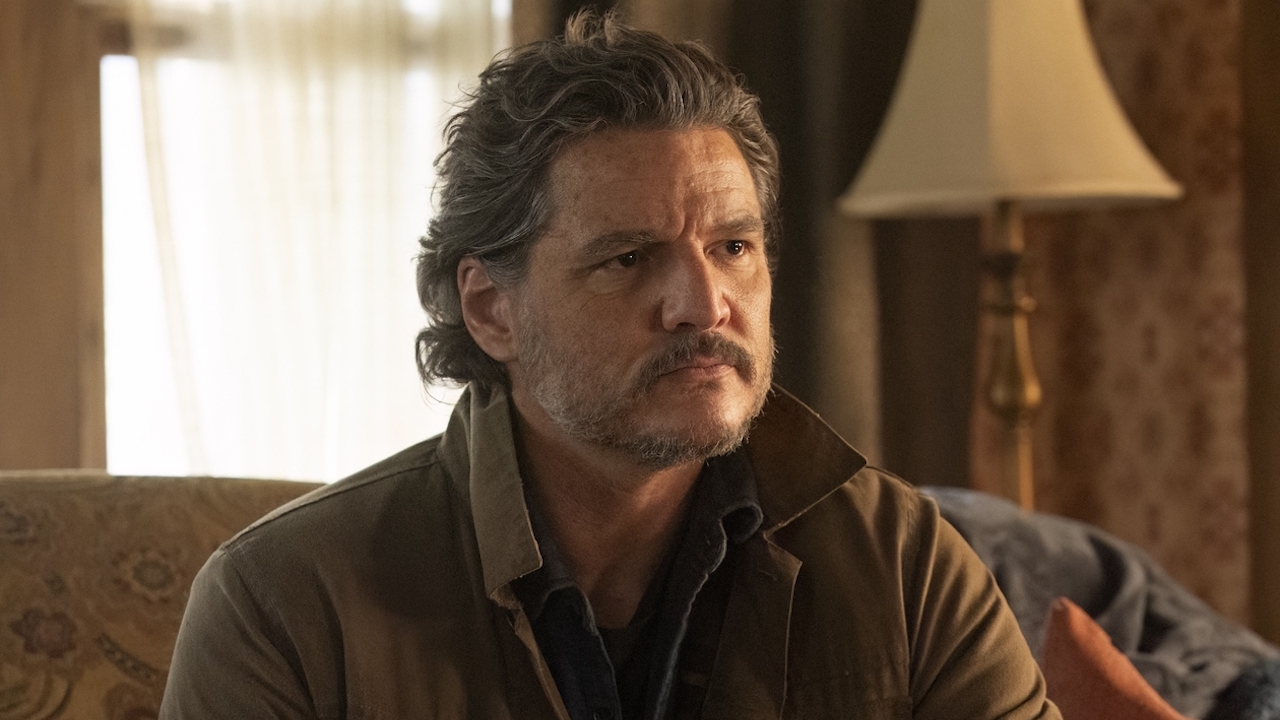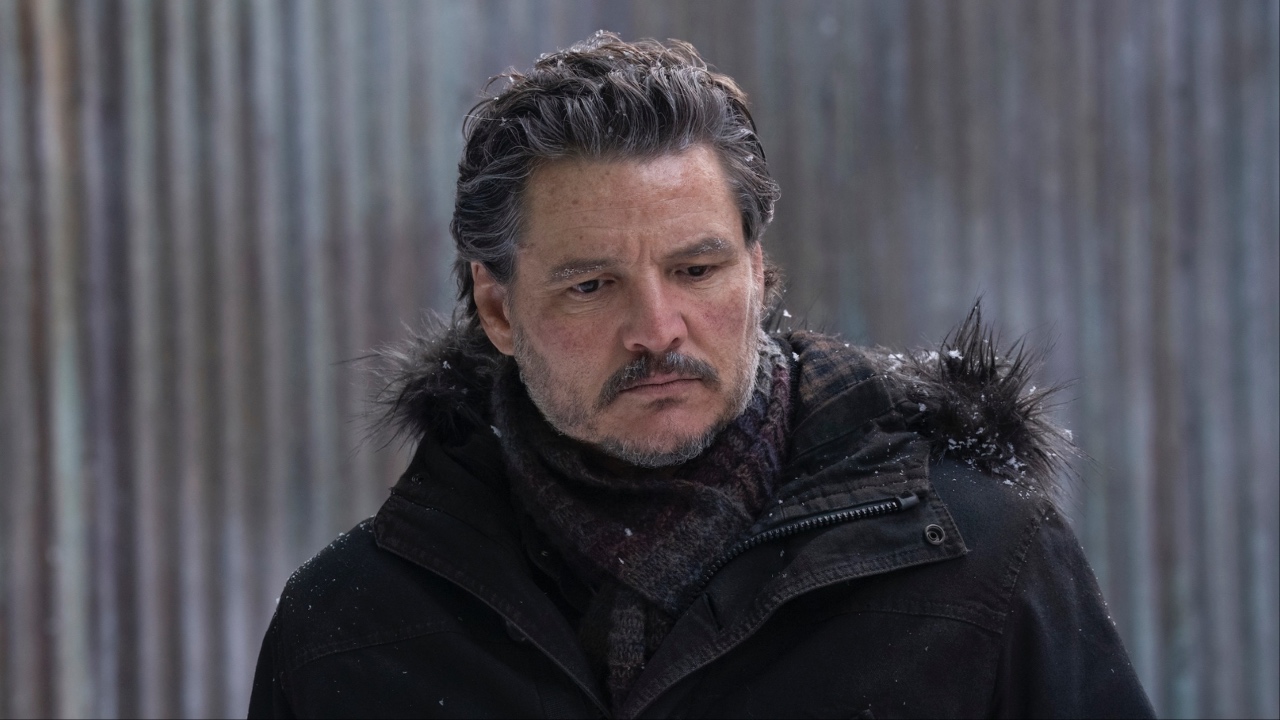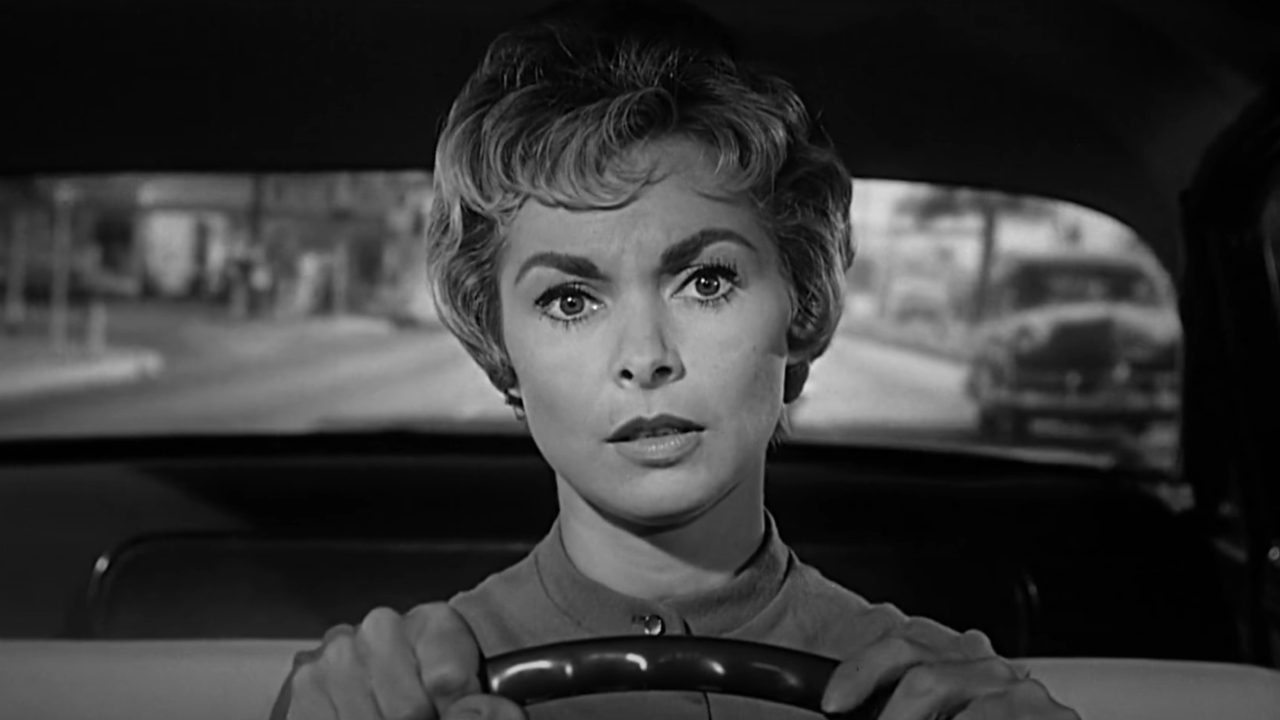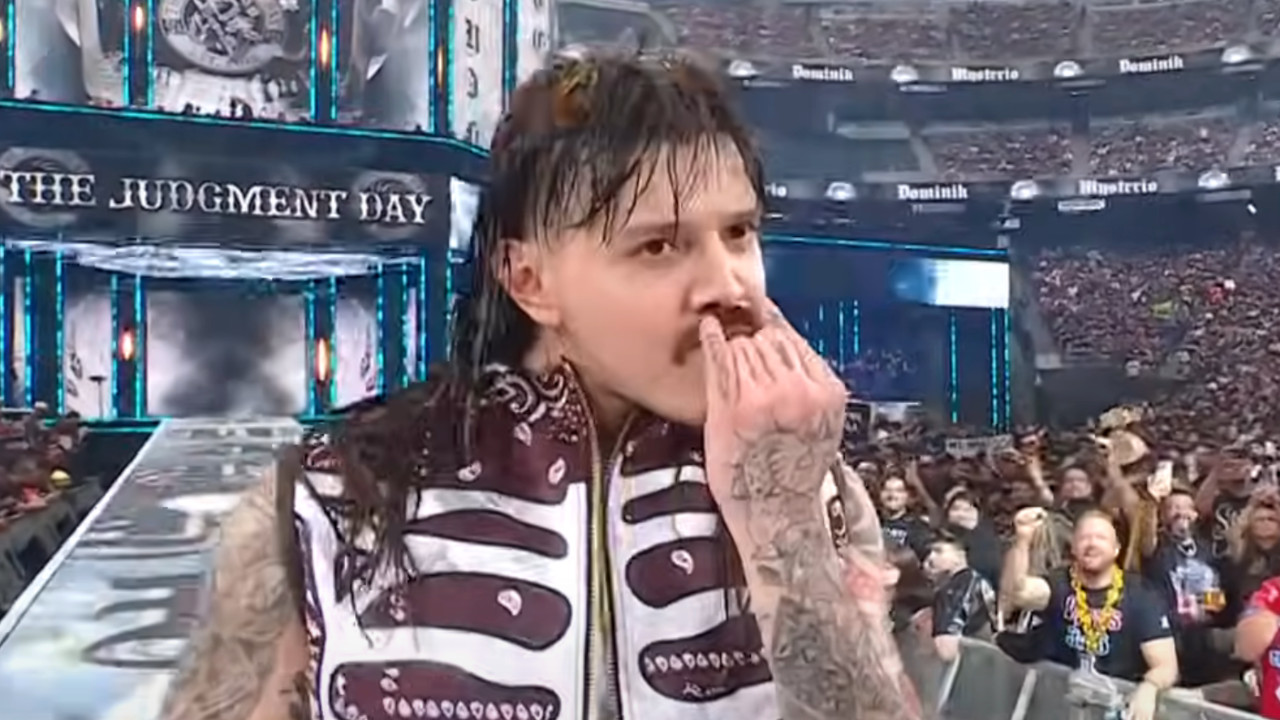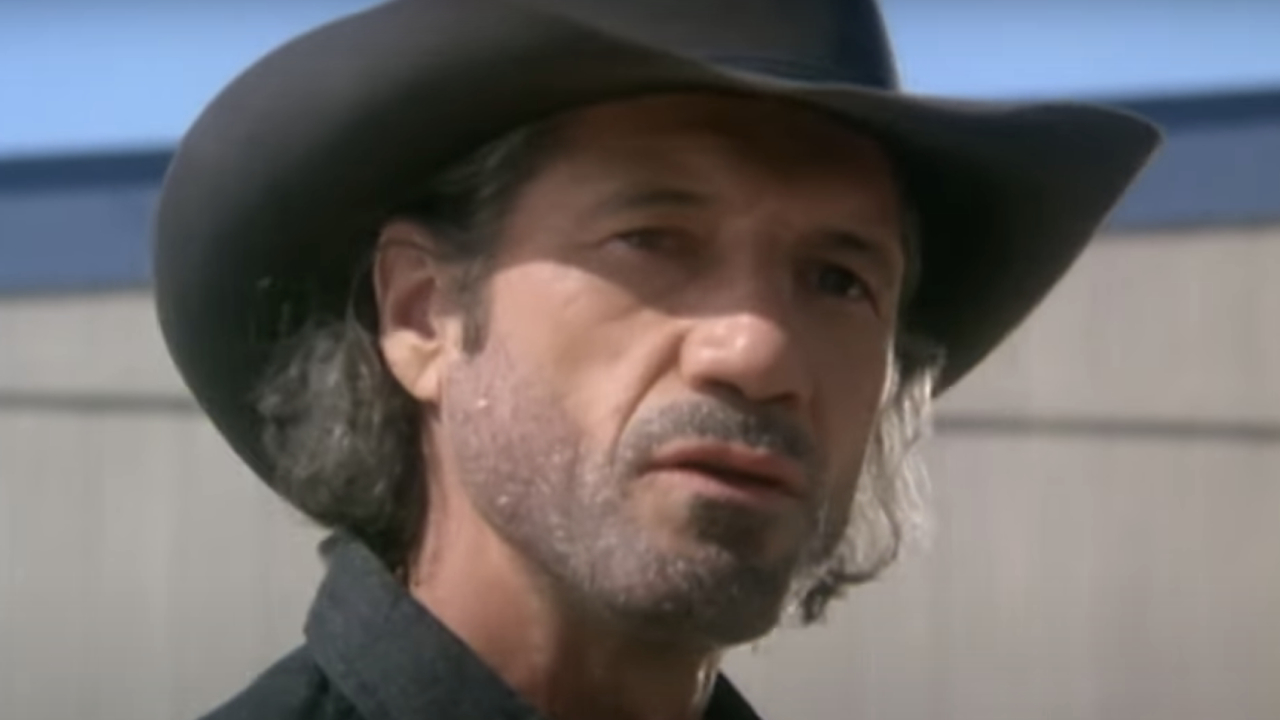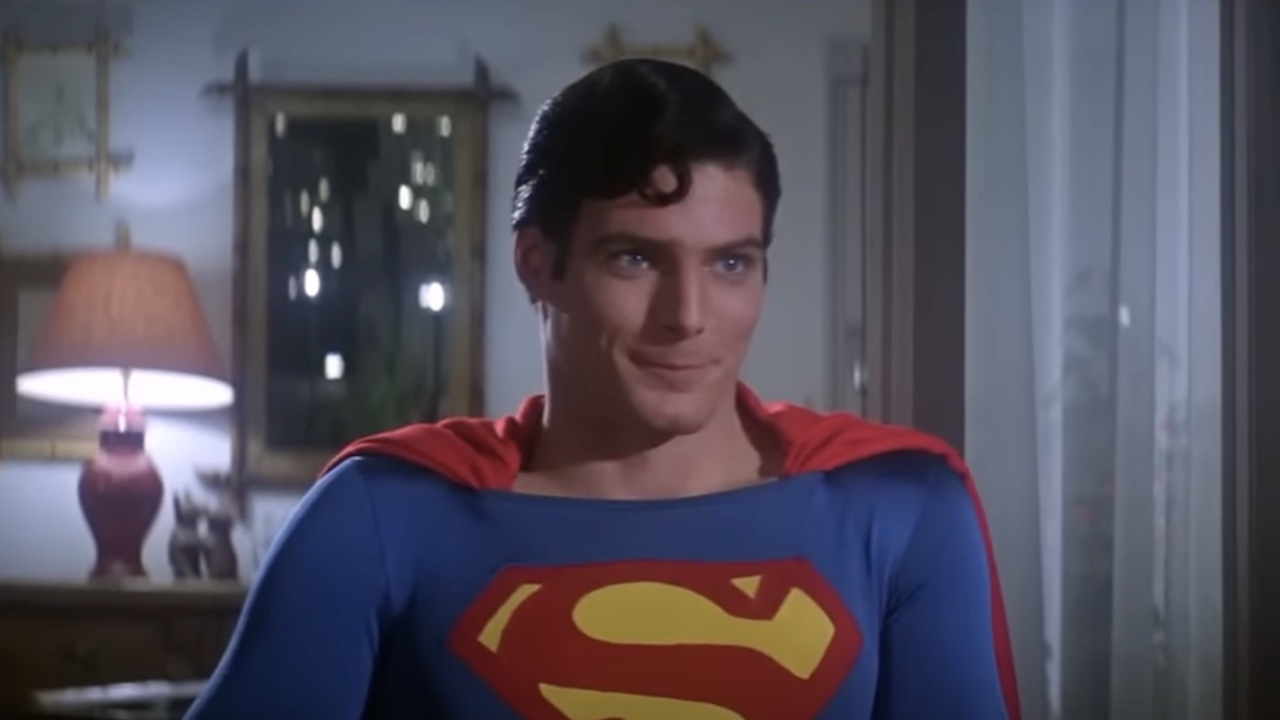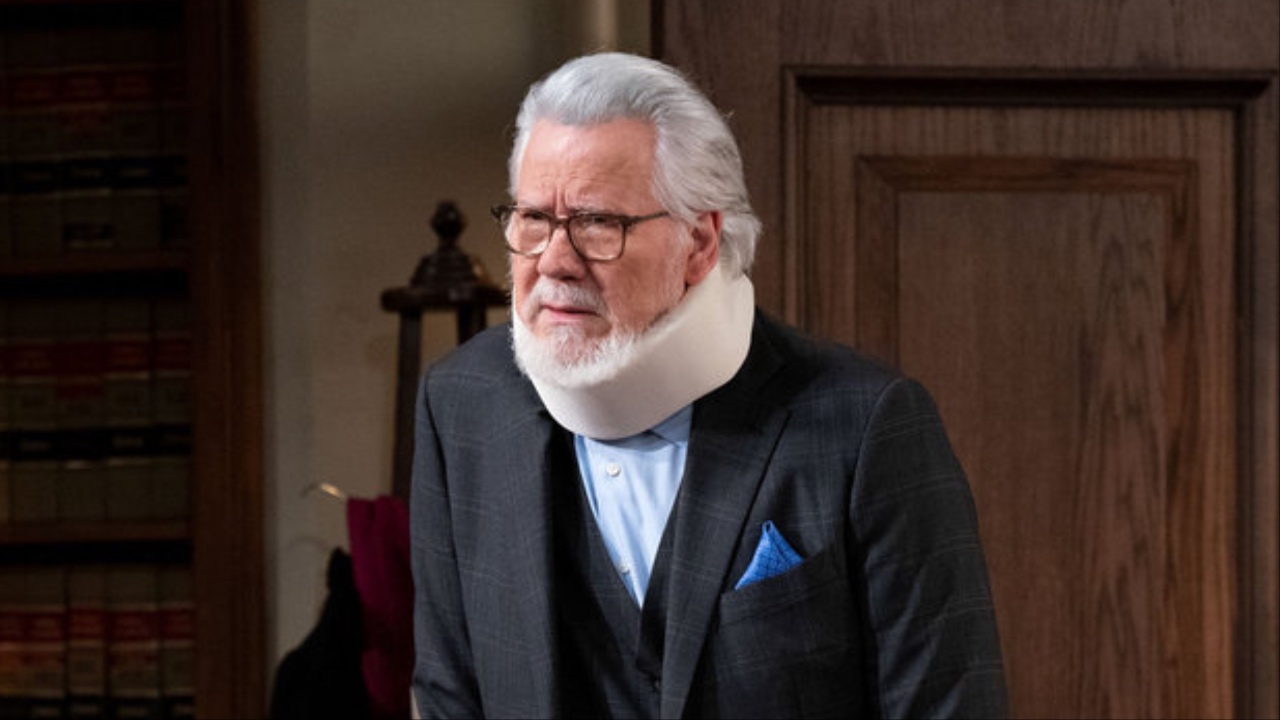I Watched Rebel Ridge, And I Really Like How The Ending Defies Action Movie Conventions
The start of something new?
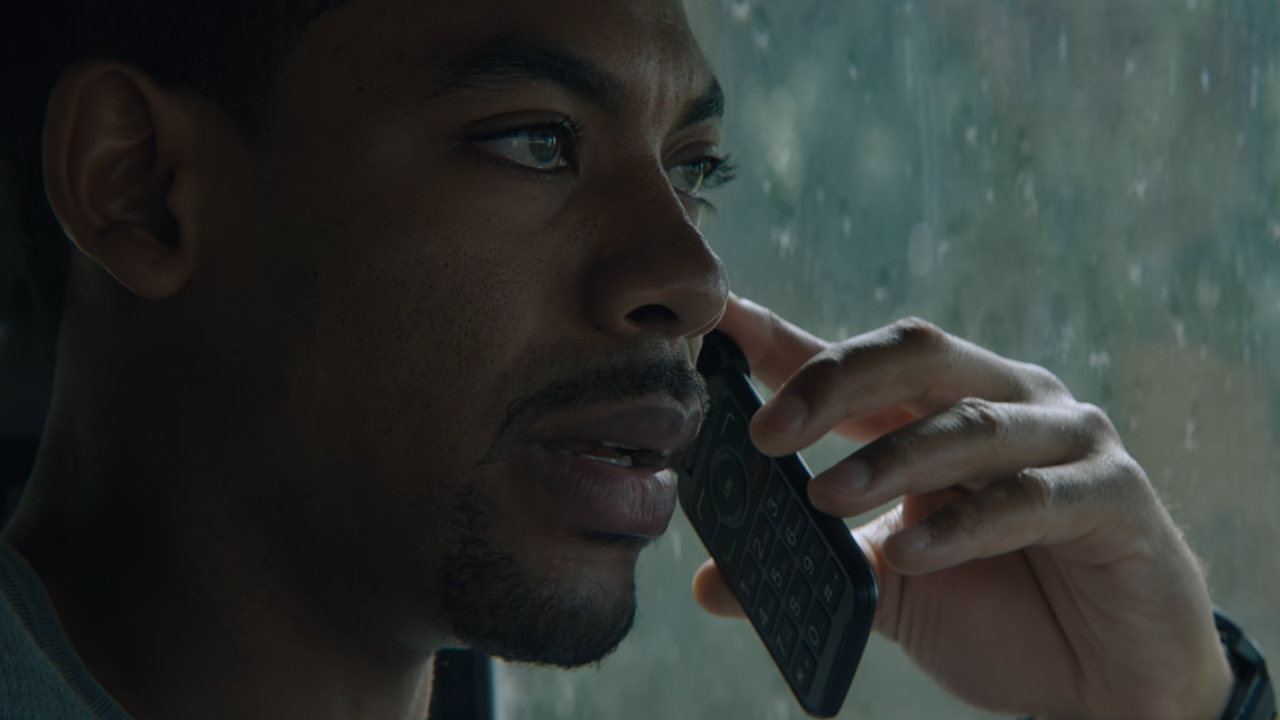
Spoiler warning: The following article contains major spoilers for Rebel Ridge. If you’ve yet to watch the new Netflix movie, please avoid the town of Shelby Springs.
I became a big fan of Jeremy Saulnier as soon as I watched Blue Ruin a decade ago, and I’ve made sure to follow the filmmaker ever since. And so you can imagine how excited I was upon finding out that Rebel Ridge was on the 2024 movie schedule. After watching the 2024 Netflix original, I totally agree with what critics have said about Aaron Pierre’s magnetic performance, and I think it’s without a doubt one of the best action movies in recent memory.
But more than that, I love how the Rebel Ridge ending defies action movie conventions. Come with me as I break down the explosive conclusion of the gritty revenge thriller, what I hope it means for the genre moving forward, and what the film’s director has to say about his new approach to violence.
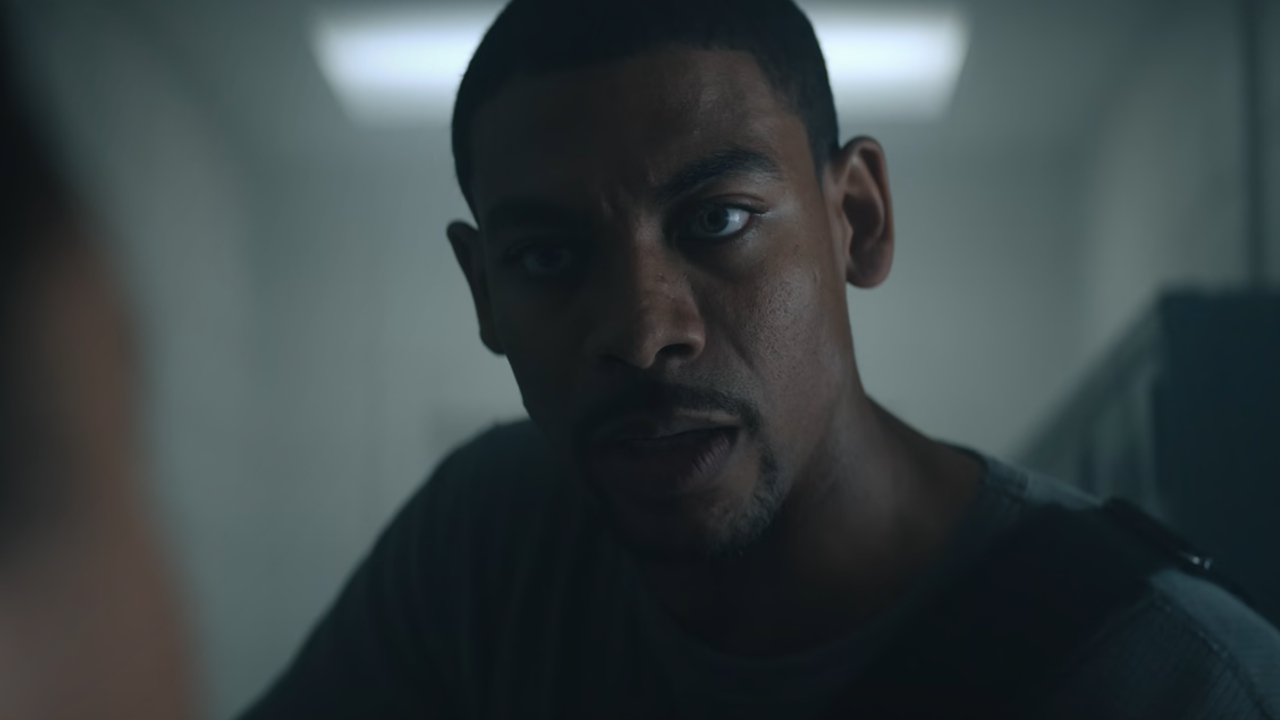
What Happens In The Rebel Ridge Ending
Rebel Ridge follows Terry Richmond (Aaron Pierre) as he first attempts to bail his cousin out of the Shelby Springs, Louisiana, jail before he’s taken to state prison where he’ll be a marked man due to turning witness in a previous case. But when his bail money is seized (see: stolen) by local cops via civil forfeiture, Terry’s cousin is stabbed to death, and the former marine’s attempt to set things straight after catching on to corrupt Chief Sandy Burnne’s (Don Johnson) scheme, all roads lead to an epic showdown at the police station.
Terry’s attempts to peacefully gather evidence that would incriminate pretty much the entire police force and cash-strapped community are ultimately successful, but not before he goes to war with the officers. Instead of using deadly force (which he would have every right to do considering everything that went down), the trained veteran uses less-than-lethal yet still impressive means to settle the score and eventually bring the injustices to light.
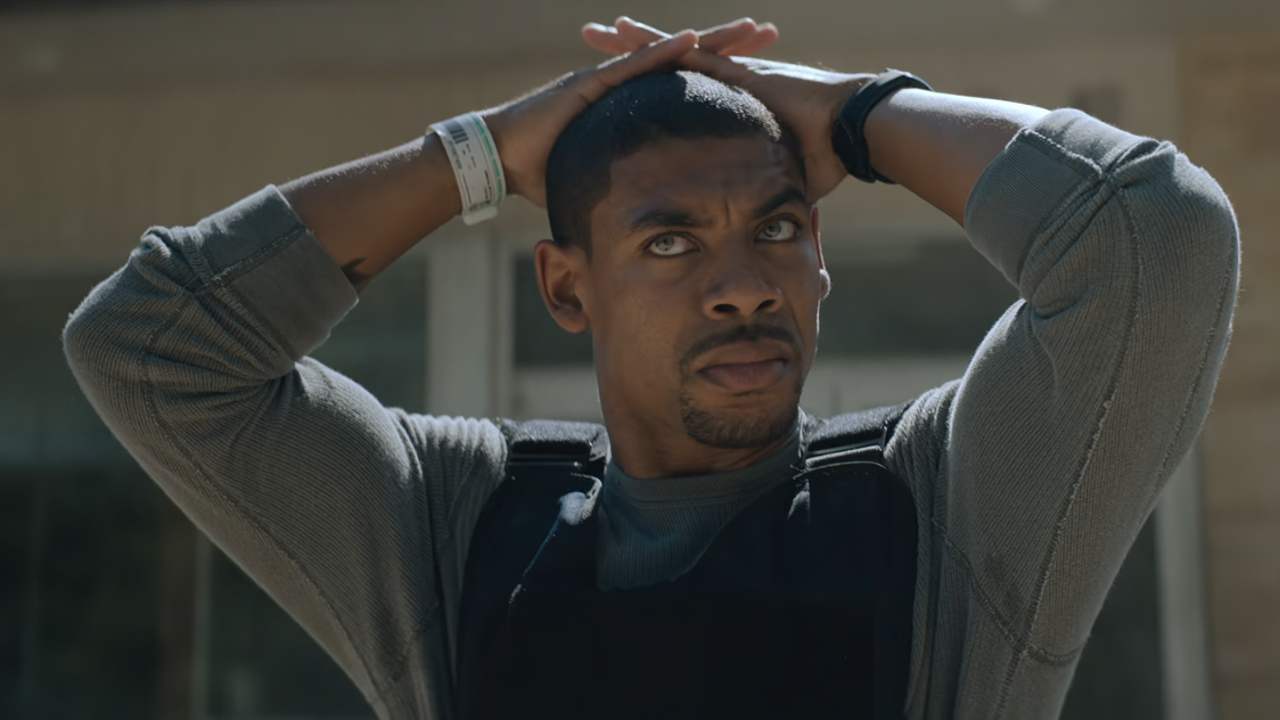
How The Final Showdown Defies Action Movie Conventions
Everything from the best Westerns like Unforgiven to the best sci-fi movies like The Matrix have seen the heroes go crazy at the end and pretty much kill everyone in their path. While Rebel Ridge does see Terry wage a one-man war on the Shelby Springs Police Department in the final act, he doesn’t kill a single person, though some, like Officer Steve Lann (Emory Cohen), get their faces turned to mush before it’s all said and done. And honestly, it’s refreshing to see a different approach to the “final showdown” we’ve seen in countless action movies over the years.
Terry does have cause to kill each and every one of those corrupt cops, but he makes the decision to just hurt them, knowing that murdering them would prevent them from facing the true consequences of their scheme of stealing money from low-level offenders, and it would more than likely hurt his case and make him look like a crazed killer. This more pragmatic approach speaks volumes about his character, and director Jeremy Saulnier’s look at action movie conventions.
CINEMABLEND NEWSLETTER
Your Daily Blend of Entertainment News
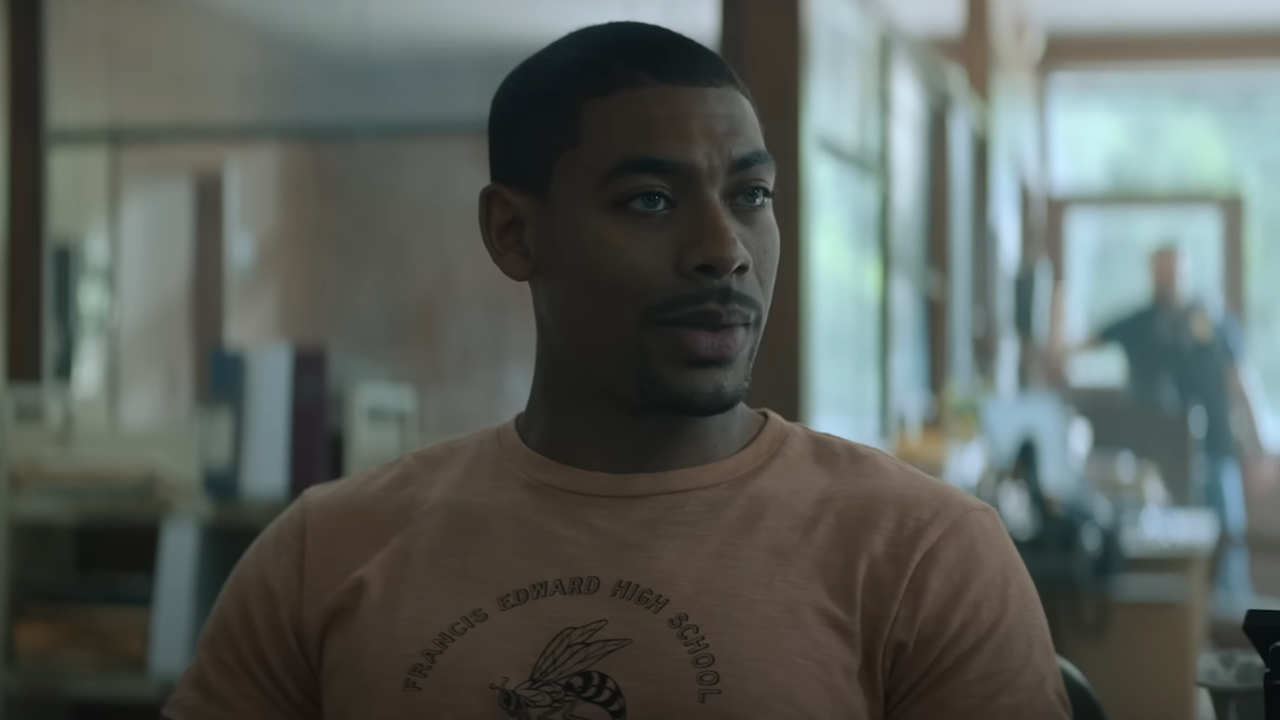
Terry's Non-Lethal Yet Incredibly Violent Approach Makes Sense
When I first heard about Rebel Ridge, I thought the movie, like Jeremy Saulnier’s previous films, would end with an intense showdown where the hero would violently attack and then kill his tormentor along with everyone who stood in his way. While Terry Richmond does go to war with the Shelby Springs PD, he doesn’t kill a single person, and it makes perfect sense considering his actions throughout the first two hours of the movie.
Throughout Rebel Ridge, Terry goes out of his way to handle things without resorting to lethal force and even goes out of his way to save multiple people, even those who did him wrong earlier in the movie. This is especially true in the case of Officer Evan Marston (David Denman), the cop who pulled Terry over and stole his $36,000 in cash to start the whole situation. The veteran, who led the Marine Corps Martial Arts Program (as revealed in one of the best-directed scenes in Saulnier’s career) before leaving the military, puts his own life at risk to save Marston after Chief Burnne shot him and left him for dead.
Going back to an early point, Terry also knows how it would look for a black man to kill a bunch of white cops in the South, and knows that that course of action could potentially make things a lot worse for everyone involved.
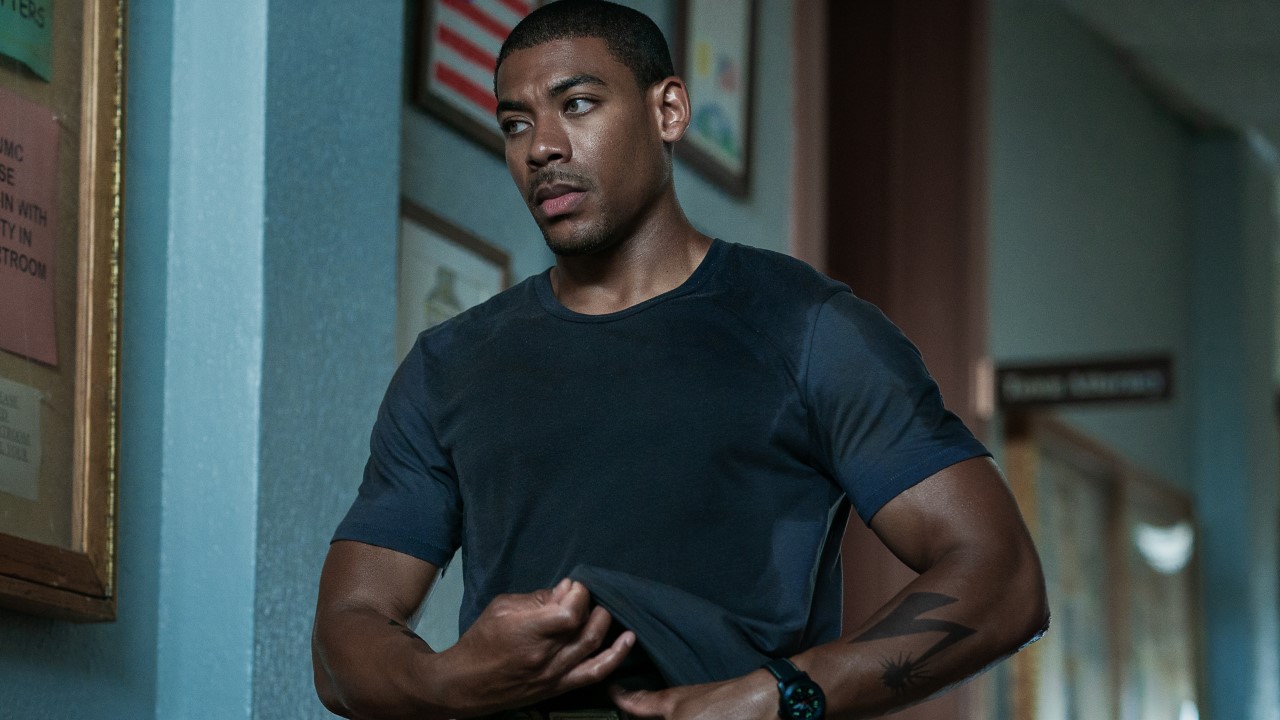
I Would Love To See This Approach In More Action Movies
Don’t get me wrong, I love watching movies, like those classic John Woo films, where the story concludes with the hero taking out everyone in a bloody and spectacular fashion, but like I said earlier, it is refreshing to see how Jeremy Saulnier challenged the tried and true scenario where the hero vanquishes the antagonist in a hail of bullets. We’ve seen it in the best Batman movies where the Caped Crusader doesn’t resort to killing people to save Gotham, and it’s about time the same is said about the action genre.
It’s not like Terry Richmond's attack on the police department doesn't have a bunch of gnarly action, but this non-lethal approach actually makes the whole scene a lot more creative and fun. Rubber bullets, bean bags, tear gas, and other less-than-lethal means of conflict resolution are on full display, and it would be cool to see how other directors could take this approach moving forward.
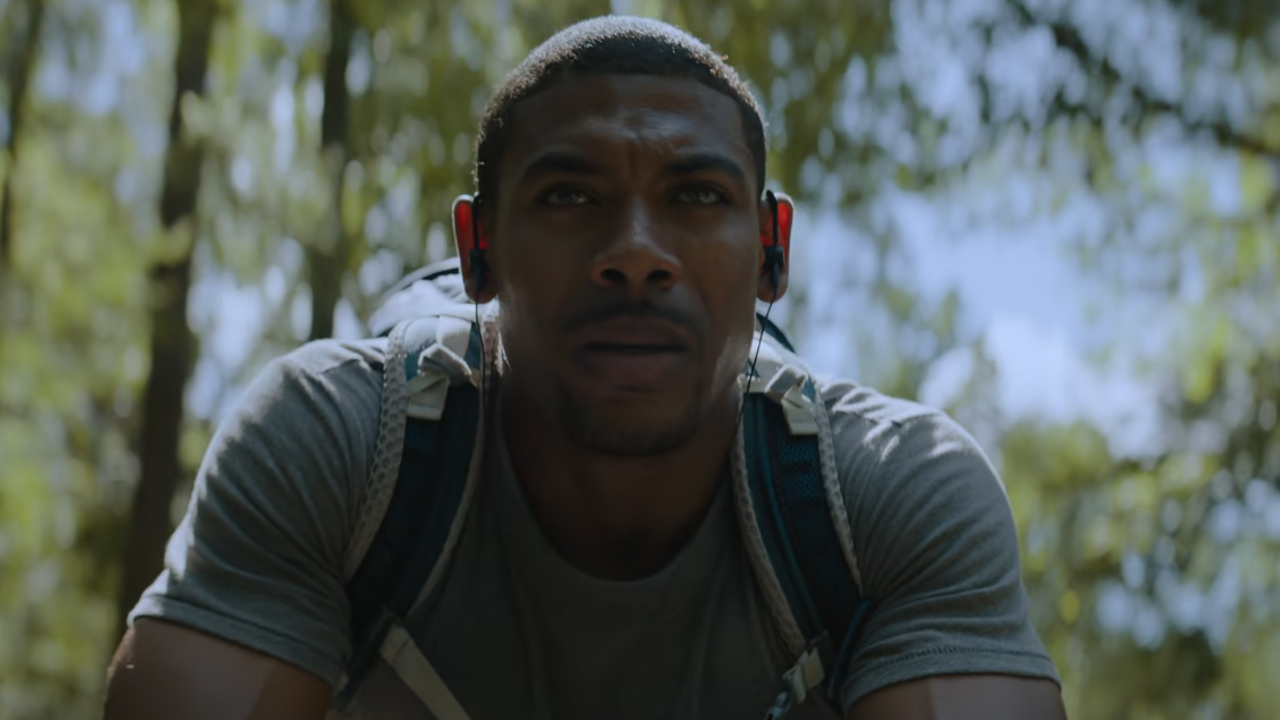
What Director Jeremy Saulnier Has Said About His Handling Of Violence In Rebel Ridge
Like Jeremey Saulnier’s other films, Rebel Ridge ends with a big confrontation, but Rebel Ridge is different in that no one gets killed (in fact, only one person dies in the whole movie). This was a conscious decision on the filmmaker's part, as he revealed in an interview with CinemaBlend’s Eric Eisenberg before the film’s release, mostly brought on by wanting to share the movie with his kids:
I think a lot of it is just sometimes you're in need of something new. I've got three daughters, and I was shielding them from all my movies. [Laugh]. Don't worry, Rebel Ridge is still a decent R. We got that. But they're old enough now.
As Saulnier points out, Terry Richmond is a different type of protagonist than the ones we’ve seen in his previous films in that he’s competent and not some random schlub who stumbled upon something. When addressing this, the director also said he wanted to see “something else” from himself, stating:
I'm used to just like thrusting goofballs and inept people into these these cinematic situations. It was a fun change of pace. Also, who knows the exact intent? Maybe I just wanted to see something else from me. Like, can I do a movie where you don't walk outta the theater feeling dread? [Laugh]... The feedback is not what I'm used to, but it is uproarious and that's gonna be fun to kind of continue that path.
And who knows, maybe Saulnier will continue that path moving forward. I, for one, am fully on board if that’s the case.
You can currently stream Rebel Ridge with a Netflix subscription. And don’t forget to check out ReelBlend’s interview with the director for more insight on what could be one of the best films of the year.

Philip grew up in Louisiana (not New Orleans) before moving to St. Louis after graduating from Louisiana State University-Shreveport. When he's not writing about movies or television, Philip can be found being chased by his three kids, telling his dogs to stop barking at the mailman, or chatting about professional wrestling to his wife. Writing gigs with school newspapers, multiple daily newspapers, and other varied job experiences led him to this point where he actually gets to write about movies, shows, wrestling, and documentaries (which is a huge win in his eyes). If the stars properly align, he will talk about For Love Of The Game being the best baseball movie of all time.
